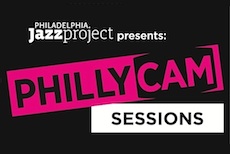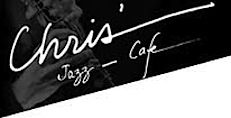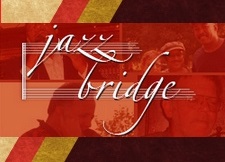Welcome to Philadelphia Jazz Project
The Positive Music
Mar 11, 2017
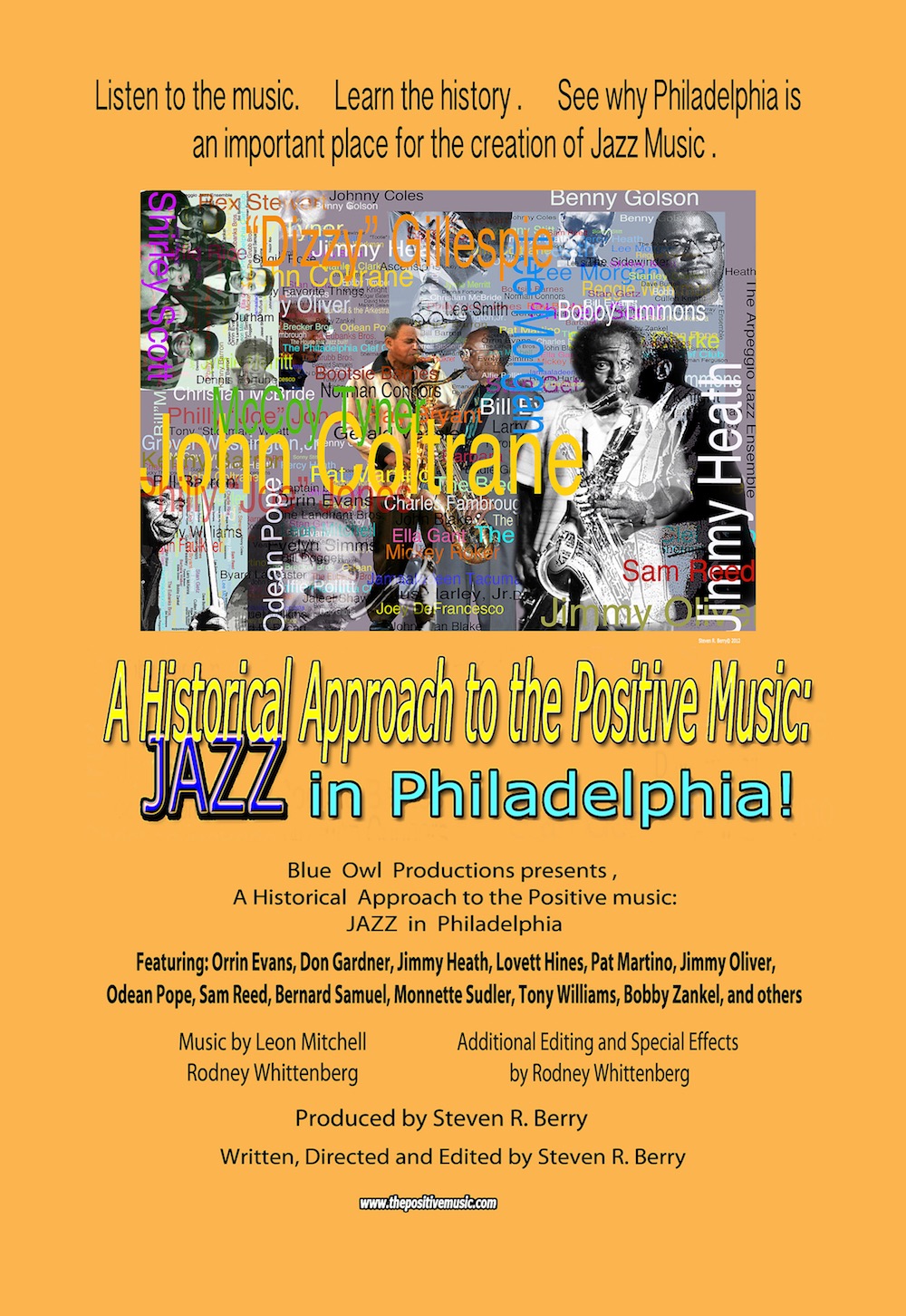
It is not unusual to see a tall, thin caramel-skinned man sitting in the front row of a concert in Philadelphia with his tripod and his video camera, intensely focused, capturing the performance. The man is Steven Berry and this is his work. Since the birth of PJP, five years ago, this gentlemen has documented hundreds of hours of performances all over the Philadelphia region. To find out what he's up to, PJP reached out to videographer and photographer, Steven Berry.
PJP: Tell us a little about yourself.
Steven Berry: I was born in Philadelphia, Pennsylvania. Early in my life, I realized that art had a special meaning for me. As a teenager, I was fascinated with cinema. Eventually, I began taking photography classes at Community College of Philadelphia (CCP). While taking classes there in 1983, I took a class on film-making. After creating a short experimental film, I was hooked on film-making. That film was entitled, Dance of the Muse, a 16 mm, 8 minute film on the idea of creativity. It was subsequently screened at the 10th Annual Philadelphia International Film Festival. After a hiatus from film-making for a number of years due to an uncanny interest in playwriting, I went on to write seven plays. In 1989, I received a fellowship from the Pennsylvania Council of the Arts to help me complete a play on Philadelphia's, African-American Vietnam veterans suffering from Post Traumatic Stress Disorder (PTSD). After subsequently getting the playwriting bug out of my system, I returned to film-making in 2004.
PJP: What is the Historical Approach To The Positive Music DVD project, why did you decide to do this and why is it important?
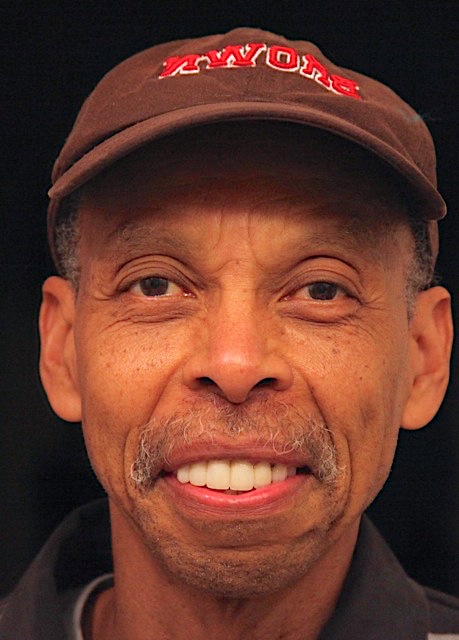 Steven Berry: The Positive Music movie project came about as a result of several conversations that I had with the late WRTI Jazz host, Harrison Ridley, Jr. He was a radio DJ and Jazz musical historian at Temple University for over 25 years. Harrison and I talked about the music occasionally. One of those conversations was a reaction to the Ken Burns’ PBS documentary series entitled, JAZZ. Both Harrison and I agreed that some part of Philadelphia’s overall jazz history should have been incorporated in the documentary. As a result of this omission, we agreed that a film should be done on Philadelphia’s rich history of Jazz music. Unfortunately, Harrison had a fatal heart attack just before the project was to begin. I was determined to do the film. The film is dedicated to his memory. The title of the film, was also the name of his radio show: The Historical Approach To The Positive Music.
Steven Berry: The Positive Music movie project came about as a result of several conversations that I had with the late WRTI Jazz host, Harrison Ridley, Jr. He was a radio DJ and Jazz musical historian at Temple University for over 25 years. Harrison and I talked about the music occasionally. One of those conversations was a reaction to the Ken Burns’ PBS documentary series entitled, JAZZ. Both Harrison and I agreed that some part of Philadelphia’s overall jazz history should have been incorporated in the documentary. As a result of this omission, we agreed that a film should be done on Philadelphia’s rich history of Jazz music. Unfortunately, Harrison had a fatal heart attack just before the project was to begin. I was determined to do the film. The film is dedicated to his memory. The title of the film, was also the name of his radio show: The Historical Approach To The Positive Music.
PJP: Who are some of the people involved in the production and who are some of the artists featured?
Steven Berry: Early on in the process, I was fortunate to have Chinonye Chukwu, a talented filmmaker and former temple instructor on board as a production director. She has made several award winning films which includes her feature length film entitled, Alaskaland. Chinonye brought on board the talented photographer and short subject filmmaker, Rashid Zakat, as my Director of Photography; who is also a co-founder of Black Star film festival. Another Black star alumnus Tanya Richardson, became my initial researcher. As a result of having these three talented people on board, I got a running head start to start the film.
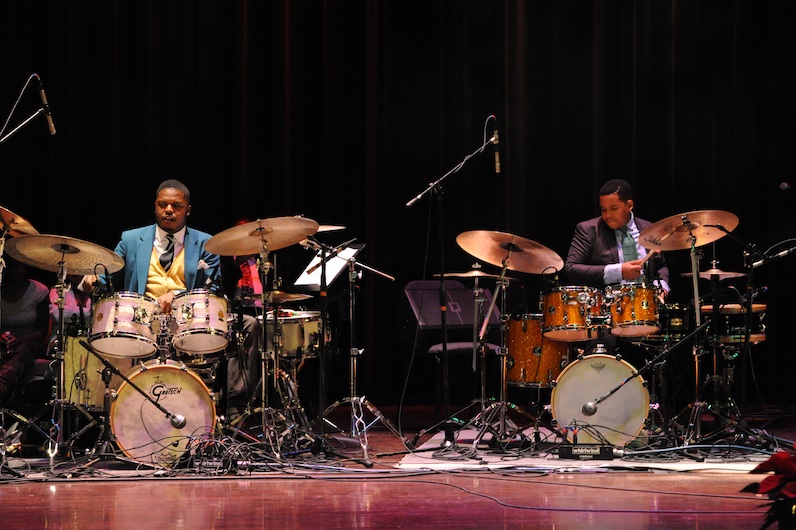
Some of the great Philadelphia musicians featured in the film include... Jimmy Heath, Jimmy Oliver, Odean Pope, Sam Reed, Monnette Sudler, Don Gardner, Carol Harris, Lee Smith, Bernard Samuels, Bobby Zankel, Pat Martino, Mickey Roker, Orrin Evans, Dave Burrell, Justin Faulkner and many others.
PJP: If folks want to find out more about the DVD how might they do that?
Steven Berry: If people want to order the film, they can can get that info from my website, thepositivemusic.com on its page, entitled, Screenings.
PJP: Why Jazz? When you could be doing anything else, why this music? Why Jazz?
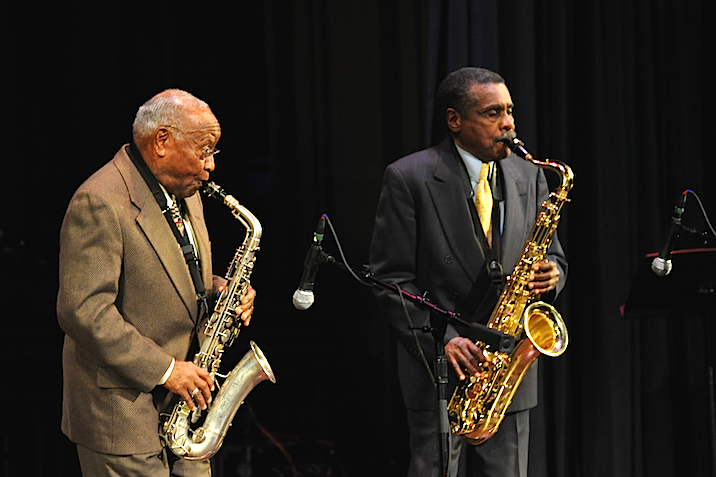
Steven Berry: I became infatuated with jazz music at the age of eleven, after shining the shoes of a well-dressed man outside the Birdcage Lounge at 15th and Ridge. The music of a horn was blasting out onto the street. The man asked me, “You know whose playing that music?” I said, "no." He then told me to stop shining his shoes and take a look. I did. He then informed me that it was Charlie Parker. The next day, I told my uncle who became annoyed that he had missed seeing Parker. After that incident, my uncle started my listening to Jazz. And I’ve been listening to it ever since. Later, I would learn that African-Americans were the creators of this important music. I did this film because I did not want Philadelphia’s contribution to go unnoticed.
Photos: Steven Berry & Bruce Turner
Follow PJP, like us, or just check us out at our pages on these social media platforms...
Philadelphia Jazz Project is a sponsored project of the Culture Trust | Greater Philadelphia, with funding provided by The Wyncote Foundation.














